Pregnancy and childbirth are profound experiences, filled with expectations, hopes, and sometimes fears. For Indigenous women around the world, these moments can be even more complex due to historical and systemic challenges in the healthcare system.
Imagine being an expectant mother from an Indigenous community, like Mutitjulu at the base of Uluru in Australia. You carry within you not only the new life growing inside but also generations of wisdom, traditions, and struggles. The journey to bring a child into the world is intertwined with cultural significance and ancestral connections.
In many Indigenous communities globally, there is a shared sentiment among women about their birthing experiences within existing healthcare systems. One woman poignantly expresses her concerns:
“I’m dreading birthing in such a system.”
This sentiment echoes the feelings of many who feel disconnected from their culture and unsupported in mainstream medical settings.
To delve deeper into these issues, Nina Sivertsen, Susan Elizabeth Smith, and Tahlia Johnson explore the topic of culturally informed care for Indigenous mothers. They shed light on what Indigenous women truly think of current birth care practices and what changes they envision for a more inclusive and respectful maternity healthcare approach.
Experts in maternal health emphasize that understanding cultural nuances is paramount in providing effective care to diverse populations. Dr. Maria Torres affirms this by stating,
“Cultural competence is not just a buzzword; it’s a necessity in modern healthcare.”
She underscores the importance of recognizing traditional customs, beliefs, and values when supporting Indigenous women through pregnancy and childbirth.
One key aspect that emerges from conversations with Indigenous women is the desire for culturally safe spaces during maternity care. These spaces would honor their heritage, involve traditional practices where appropriate, and ensure that decisions are made collaboratively with respect for their autonomy.
A member of an Indigenous community shares her vision:
“I’d like to see a place where my culture is respected, where I am seen as a whole person with unique needs.”
This longing reflects a universal yearning for compassionate care that embraces diversity without judgment or bias.
Moreover, statistics reveal stark disparities in maternal outcomes between Indigenous and non-Indigenous populations. Addressing these inequities requires a holistic approach that goes beyond medical interventions. It involves empowering communities to reclaim their birthing traditions while also advocating for policy changes to promote equity in healthcare access.
As we navigate discussions around improving maternity care for Indigenous women globally, it becomes evident that listening to their voices is essential. Their insights pave the way for meaningful reforms that prioritize cultural sensitivity, inclusivity, and empowerment within healthcare systems.
In essence, creating a future where every expectant Indigenous mother feels supported, respected, and empowered during pregnancy and childbirth requires collaborative efforts from policymakers, healthcare providers, communities,
and individuals alike.



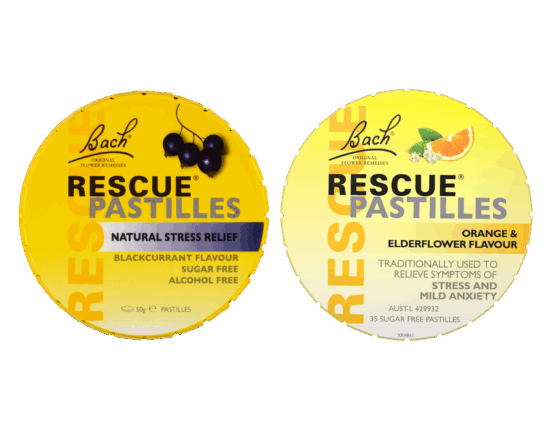
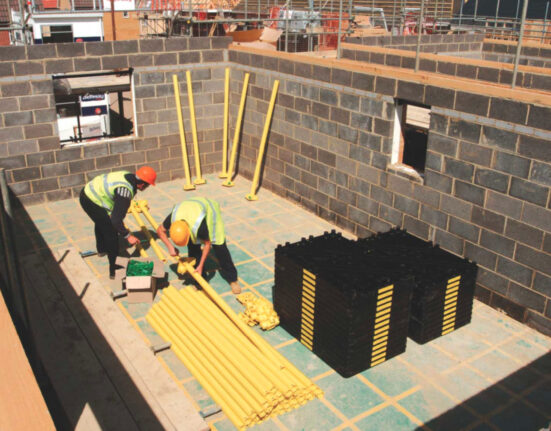
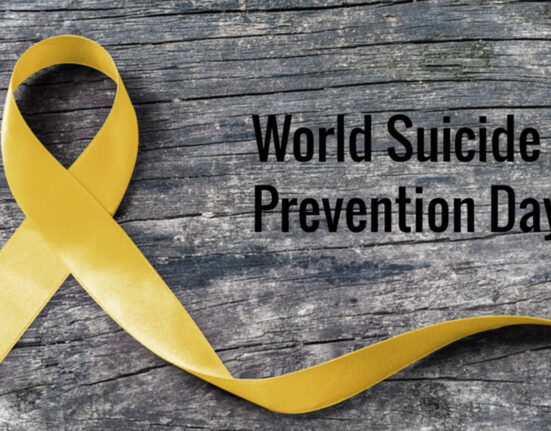
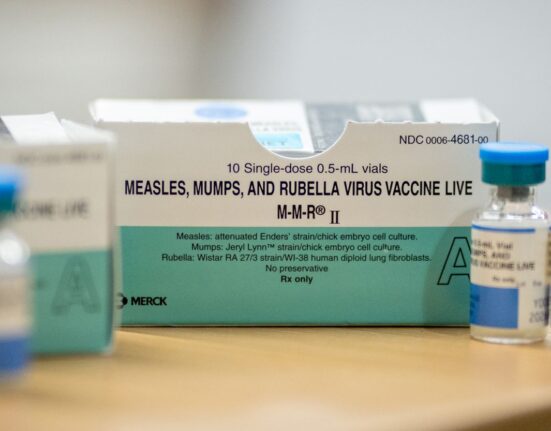
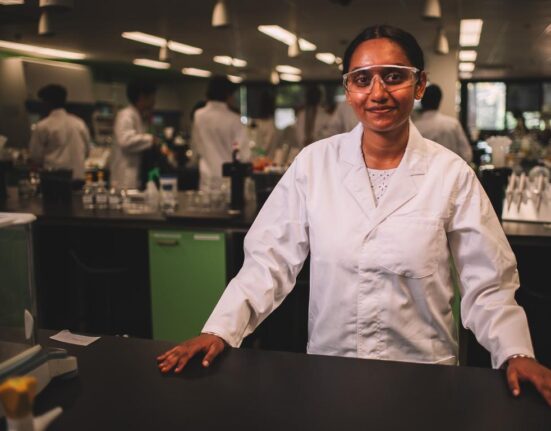
Leave feedback about this